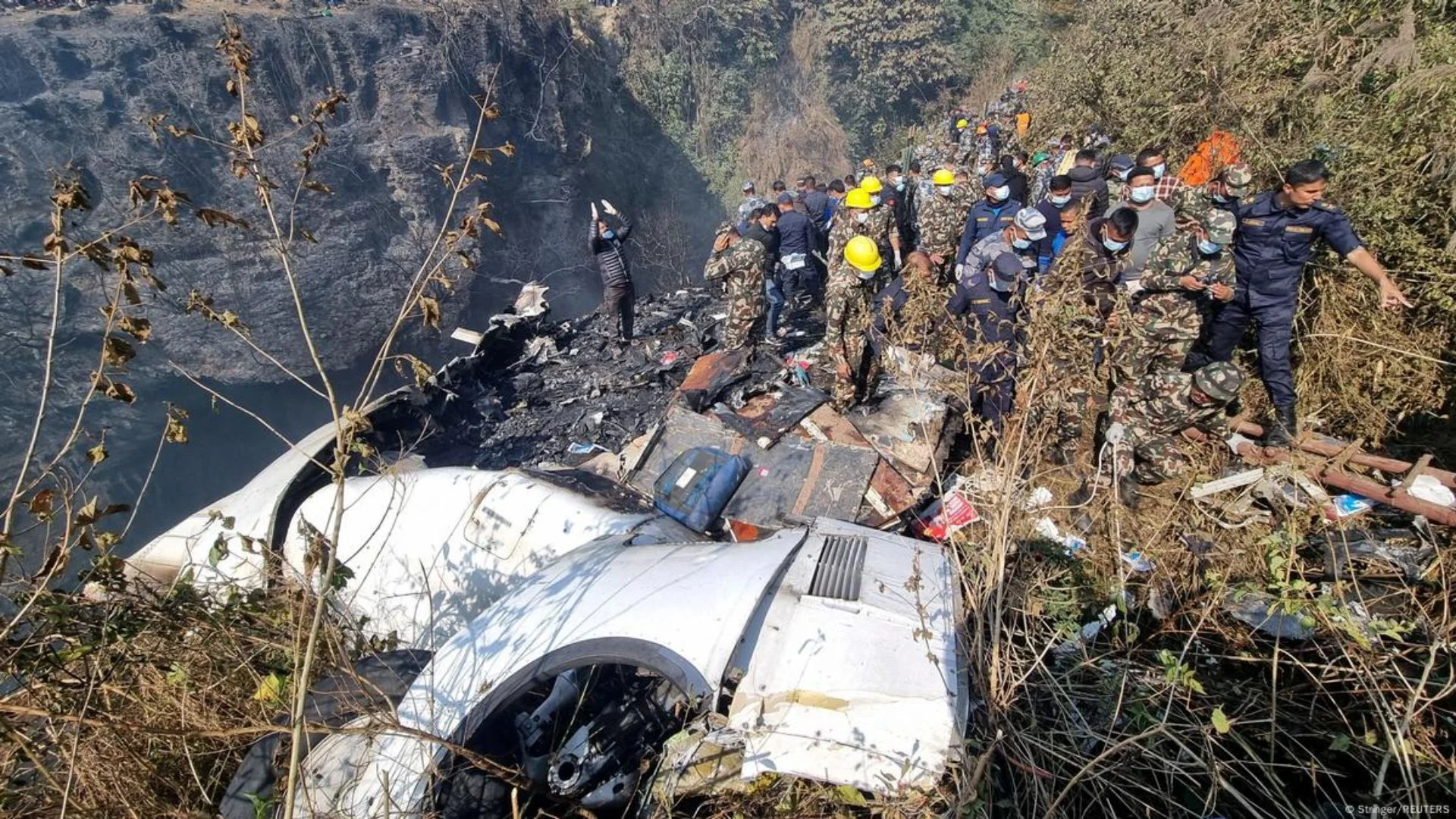‘An expert is someone who can tell you exactly how it can’t be done. As education becomes dematerialized, demonetized and democratized, every man, woman and child on the planet will be able to reap the benefits of knowledge’—Peter Diamandis.
Could anyone other than in science fiction have imagined that a hand-sized phone would be a device that could be used for sending emails, answering calls, sending texts, watching content, taking good quality pictures, listening to music and more? How many of us have considered what the actual cost of all these features added together would actually be? It contains a video and audio recorder, real-time conferencing and connecting, a camera, an iPod, a radio, a digital notepad, games, a TV and the list goes on. Add these technologies / features / tools / resources together and if you had to historically pay for each of these separately, you would pay a whopping amount of money. In that sense, what we pay for smartphones is drastically demonetised.
Just as we have embraced technology in every other area of our lives, work, play, entertainment, convenience, we should look at how technology could make learning more relevant, more convenient, more engaging, more personalised. If done correctly, technology driven online learning can be more time and cost efficient and effective.
I have seen the education space change over time, specifically K-12 schooling which has come a long way in India. From rote learning to integrated learning, the teaching methodology has seen 360 degrees of change. Technology has been a major disruptor; however, it was never utilised to its full potential till March 2020. No one could ever imagine virtual education would be possible and yet, when we were put into the situation and physical schools shut down due to the pandemic, we saw children attending virtual school which is the future of education.
Over the last decade, technological advancements have enhanced online education. These include the application of information and communications technology (ICT) in classrooms and the use of cloud-based platforms, virtual reality (VR), and augmented reality (AR). In 2020, the online education market was valued at INR 91.41 bn. It is expected to reach INR 325.48 bn by 2026, expanding at a compound annual growth rate (CAGR) of around 17.19% during the 2021-2026 period.
Virtual schooling is the new normal and parents are now considering it as an option too. As an educator with experience of over 3 decades, I can say with confidence that Virtual Schooling is here to stay and will be one of the most preferred forms of schooling by 2030.
REACH OF VIRTUAL SCHOOLING
Virtual schooling has the potential physical schools do not have; education can be available to people in remote villages that have no access. While it does sound absurd and a lot of people have a counterargument about internet accessibility, today a phone is the biggest necessity and the internet is available even to a farmer, likewise education can also be available—all the government needs to do is improve infrastructure. According to research conducted by UNESCO, 1.4 billion people can benefit from digital schooling.
Research has shown experiential learning helps children retain and understand the concept for a longer period. The introduction of immersive metaverse technology learning online will help children learn better. Another important aspect is that each child is different and has different learning styles and technology helps customise learning as per the child’s needs and interests and the time children save in learning and travelling can be used for children to learn and practice fields of study, skills, sports, music that they are truly interested in.
THE FUTURE OF PHYSICAL SCHOOLING
In the near future, there will be two models of schooling—a hybrid model and a full-time online school. Technology is eventually going to enter our classrooms. Currently, technology is used only as a source of information; however, soon children will have their own digital devices and teachers will use different tools to teach children and make their learning experience experiential and personalized.
A physical school requires huge investment because there is infrastructure cost, equipment cost, upkeep of the infrastructure, operational and admin expenses and more. As per the state Budget Analysis Report of the Reserve Bank of India, the Delhi government has the highest budgetary allocation of 23.2% to the education sector among all states in 2020-21, it said. “In Delhi, the per student per annum expenditure incurred by the government on education has increased to Rs 78,082 in 2020-21 from Rs 50,812 in 2016-17,” it said.
Another change that will come about in the education space is how we evaluate children. The purpose of an evaluation is to gauge whether the child has understood the concept or not and not how well they memorised it for the examination.
Hence, our evaluation systems will also change where the focus will be on the individual child. Children will be able to assess themselves and determine whether they have understood the concept completely, if not they will have the opportunity to go back to the concept and attempt to understand the same again and in the process develop a growth mindset.
TIME TO PURSUE RECREATIONAL ACTIVITIES
With school going online or hybrid, children will have more time on hand and they will be able to pursue their passion or recreational activities they are interested in. This is where they will be able to build on skills and enhance their knowledge around activities that they are interested in like music, art, sports, and more.
Using technology to its highest potential to make schooling more fun and experiential for children has just begun and the above changes are just the tip of the iceberg. The children of the 21st century will experience education in its truest form and they will truly receive an education that will help them open up their minds, question the status quo and come up with new answers for themselves. I am very excited to be a facilitator for this change and I am looking forward to all that’s about to happen in the education space.
The author is an educationist.







